The U.S. Department of Justice is backing an Eastern Shore church that claims its constitutional rights were violated when local police pressed charges against its pastor for holding a 16-person service on Palm Sunday.
The pastor of Lighthouse Fellowship Church in Chincoteague was charged on April 5 with violating Gov. Ralph Northam’s order that limits gatherings across the state — including at churches — to 10 people to contain the coronavirus spread.
A Norfolk federal district judge on Friday denied an emergency restraining order sought by a religious liberties group contending that Northam’s order infringed on the Lighthouse Fellowship’s rights.
The church said Friday that it’s taking the case to the Fourth U.S. Circuit Court of Appeals, with the Justice Department filing on Sunday throwing its support to the church.
“There is no pandemic exception to the Constitution and its Bill of Rights,” the Justice Department’s filing said, adding that these rights “are always operative and restrain government action.”
The Justice Department’s filing came 10 days after Attorney General Bill Barr asked the department to be on the lookout for cases around the country where coronavirus restrictions are unfairly impinging on civil liberties.
On April 5 — about an hour before Lighthouse Fellowship’s Palm Sunday service — a Chincoteague police officer showed up at the church and told a board member that the service could have 10 people in attendance.
But when the service went forward, 16 people were inside the church’s 225-seat worship space, The attendees, court filings said, were all at least six feet apart.
After the service, two Chincoteague police officers handed Pastor Kevin Gary Wilson a criminal summons.
The charge, violating a governor’s order, is slated to be heard in Accomack County in July. Wilson faces up to a year behind bars, and a fine of up to $2,500 if convicted of the misdemeanor count.
A few weeks later, Liberty Counsel, an Orlando, Florida, religious liberties organization, took on the case. The group filed in Norfolk federal court on April 24, asking that Northam’s restrictions as applied to churches be deemed unconstitutional.
Liberty Counsel attached to its complaint pictures of parking lots at Walmart, Target and Lowe’s, lined with hundreds of cars.
Such businesses “are allowed to accommodate large crowds … without scrutiny or numerical limit” with hundreds of patrons flowing through each day, the complaint said. Liquor stores, it added, are deemed essential, too.
Even for non-essential retailers that don’t have the 10-person cap, the complaint said, staffers aren’t included in the count — unlike with churches. And lots of other businesses, such as professional offices and manufacturers, don’t have to abide by the caps at all.
Liberty Counsel also included in the complaint a picture of Northam’s April 8 news conference in Richmond, with 20 people in attendance.
Meantime, the complaint said, a Chincotague police officer told Pastor Wilson that if Lighthouse Fellowship had services with more than 10 people on Easter Sunday, everyone attending the service would be charged with a crime.
“Lighthouse was forced not to host services on … its most treasured holiday of Christianity,” the complaint said.
Many of Lighthouse’s congregants, the complaint said, are “socioeconomically disadvantaged,” including drug addicts and former prostitutes “trying to put their lives together.” “To those members, Lighthouse is their only family and assembling with their church family is everything,” it added.
Americans’ most cherished constitutional rights, the complaint said, can’t be tossed by the wayside during crises. “The ultimate strength of our constitutional guarantees lies in the unhesitating application in times of crisis and tranquility alike,” the filing said, quoting a 1972 case.
But on Friday, U.S. District Judge Arenda Wright Allen denied Lighthouse Fellowship’s request for an emergency order tossing aside Northam’s church restrictions — with the judge saying the complaint is “unlikely to succeed” on the merits.
The complaint by Lightouse Fellowship and its lawyers, she said, “inaccurately” characterizes Northam’s orders as “targeting religion.”
The governor, Wright Allen said, closed all Virginia schools for the rest of the academic year, limited restaurants to take-out and delivery, and closed public beaches except for exercise and fishing. He also shut down barber shops and beauty salons, theaters, concert halls, sports facilities and fitness centers, and many other venues.
“In short, the Order’s plain intent is to close all establishments where individuals might be tempted to gather in groups larger than ten,” Wright Allen wrote. In fact, she said, Northam included churches as places people are “explicitly permitted” to travel to even under his stay at home order.
The “limited carve-outs” for certain kinds of retail businesses, she said, “simply ensures that people have access to essential goods” — such as food, medicine, clothing, gas and the ability to repair their cars, homes and computers.
Even liquor, Wright Allen said, can be accurately considered essential. “The danger posed by sudden alcohol withdrawal to those suffering from alcohol dependence, and the added burden upon health facilities that this might trigger, are significant factors,” the judge wrote.
Though “practicing one’s religion and obtaining spiritual guidance are essential for some people,” Wright Allen wrote, Lighthouse Fellowship “has failed to demonstrate that it is incapable of practicing its religion or providing spiritual guidance to its members in groups of ten or fewer” and “through forms other than physical gathering.”
“The Orders pursue the goal of slowing the spread of a deadly pandemic and saving lives by closing temporarily all places where more than ten people might gather,” Wright Allen wrote.
The Department of Justice’s “statement of interest” in the case, filed Sunday, said governors don’t have to necessarily permit “live indoor church gatherings” — and that there can be “good reasons” to limit larger gatherings across the board.
But religious rights enshrined in the First Amendment, the DOJ’s court filing said, “mandates that restrictions on gatherings be applied equally.”
“The Commonwealth can’t justify … having one set of rules for secular gatherings” while denying to Lighthouse “the ability to worship in modest numbers with appropriate social distancing and sanitizing precautions,” the Justice Department’s brief said.
The Virginia Attorney General’s Office is representing Northam in the federal case, with spokeswoman Charlotte Gomer saying the 10-person limits have been effective.
“Donald Trump and Bill Barr should focus on saving lives and ramping up testing, not teaming up with conservative activists to undermine effective public health measures that are slowing the spread of COVID-19 and saving lives in Virginia and around the country,” she wrote.
At a news conference on Monday, Northam said his limits for church gatherings might be lifted by May 15 — albeit with certain restrictions still in place. “We will accommodate the need of churches and houses of worship to gather in person, but social distancing still matters, even at churches,” he said.
Liberty Counsel will press forward with the federal case, Liberty Counsel attorney Mat Staver said.
___
(c)2020 the Daily Press (Newport News, Va.)
Visit the Daily Press (Newport News, Va.) at www.dailypress.com
Distributed by Tribune Content Agency, LLC.



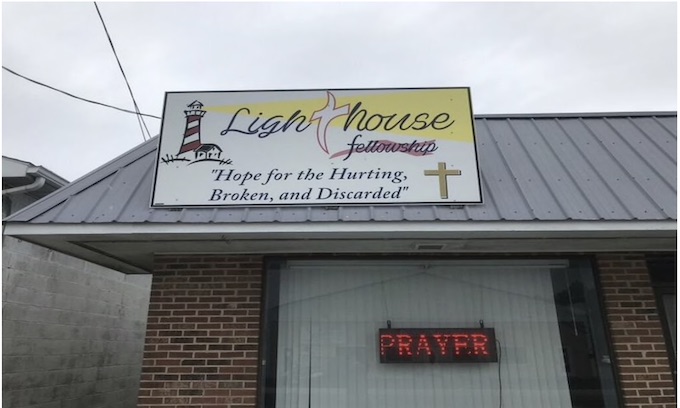
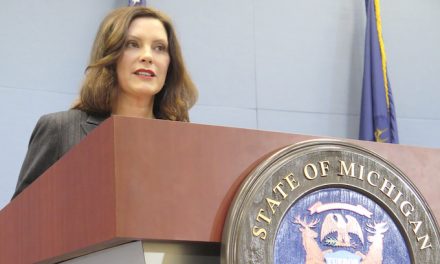
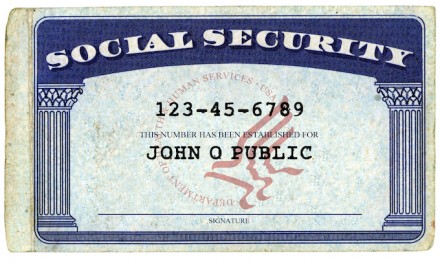
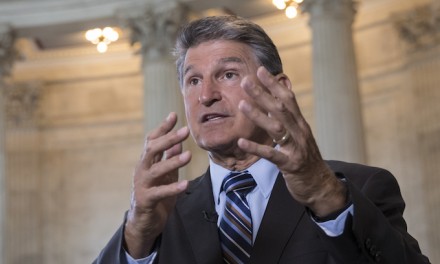
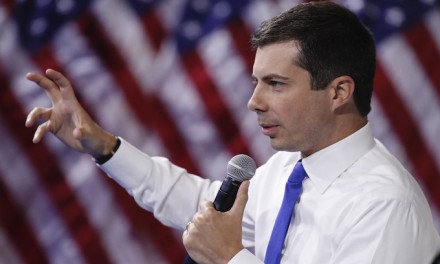











Recent Comments